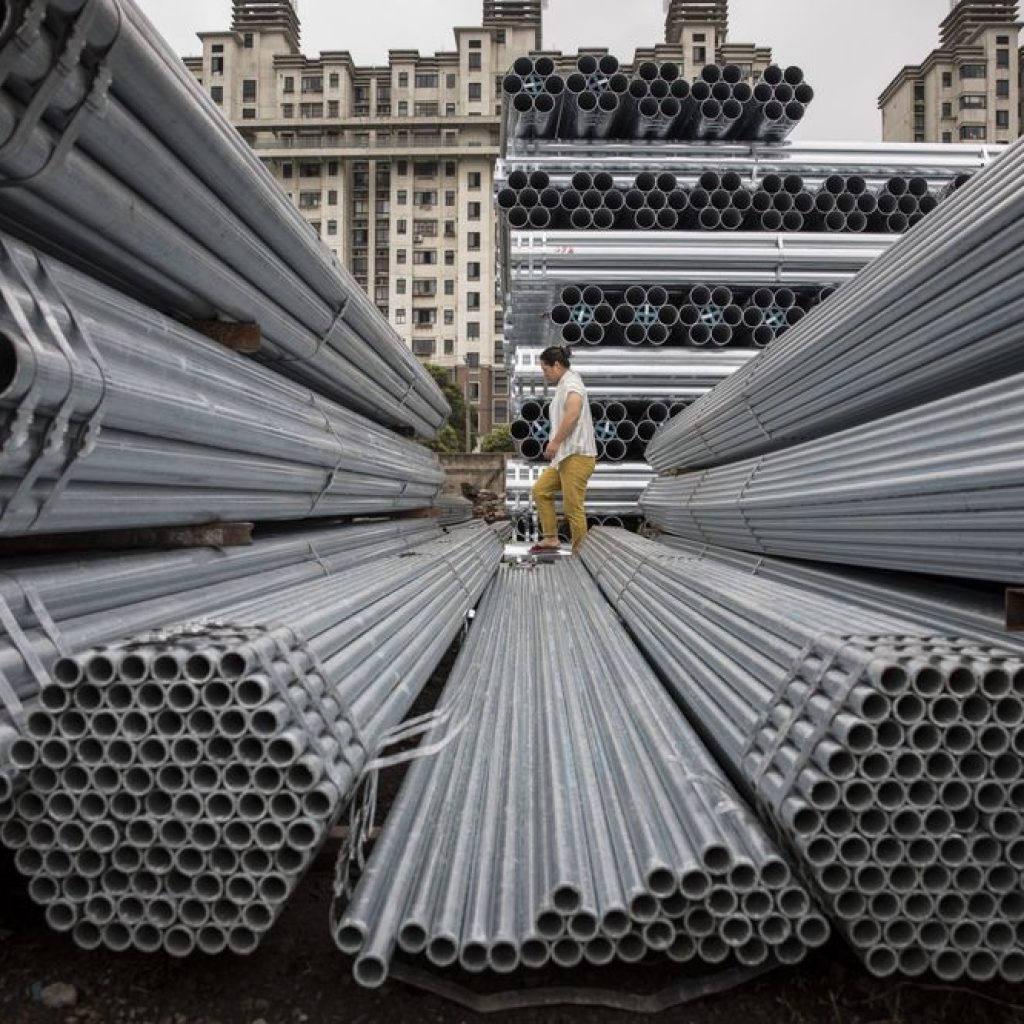Demand in China and elsewhere, leaving mills unable to meet demand. Authorities in China had already ordered national steel industry inspections to ensure that capacity reductions ordered over the previous five years had been implemented. The government has also forced through a slew of production curbs in top hub Tangshan, which has at least dampened supply expectations. China produces over half of the world’s steel.
China wants more steel at home as the industry undergoes a transformation.

Steel shatters records
China slapped higher taxes on steel exporters across the board as authorities scale up efforts to reduce production and clean up one of the world’s biggest carbon emitters. Starting May 1, some export tax rebates will be eliminated, and tariffs on some items will be increased, according to the Ministry of Finance’s website. Fees on pig iron, semi-finished steel, and scrap steel would be eliminated. The steps reflect a greater emphasis on serving the domestic market, and they come as the country’s steel mills struggle with raw material costs that have risen to historic levels.
China produces half of the world’s steel and is the largest exporter, but it has pledged to cut production in 2021 as part of a push to curb carbon emissions from one of the country’s dirtiest industries. In the midst of a global boom, the tax reforms could affect global steel trade and tighten markets.
Although the tax reforms could have a slight cooling impact on domestic prices, analysts at CRU Group said that investors “remain very optimistic” in a tight Chinese steel sector. In contrast to China’s massive domestic production, the volumes covered by these tax changes are minor.
Current tariffs on imported goods were just 1% or 2%. The abolition of rebates means that exports of anything from hot-rolled coil to certain forms of pipes and stainless steel are now subject to value-added tax. Taxes on exports of pig iron ore and certain ferro-alloys will also be increased, according to the ministry.
According to the ministry, the tax reforms will “reduce import prices, increase steel resource imports, and help the reduction of domestic crude steel output.” Steel is rising alongside other big industrial commodities, increasing inflation fears as China seeks to keep its economy on track. The country has signaled that it intends to tighten controls.
Post Views:
1,989